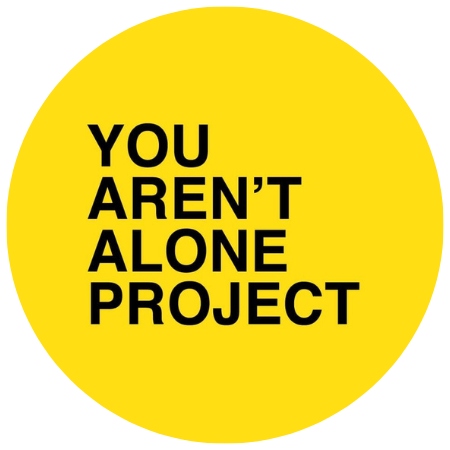Lift Every Voice: Mental Health and Black History Month
by Kristen White
For nearly 50 years, February in America has been designated as Black History Month. Negro History Week, Black History Month’s predecessor was founded by Carter G. Woodson in 1926 to herald and highlight the achievements, struggles and resilience of Black Americans. But it’s also a time to shine a light on the challenges that still exist today—like mental health. At first glance, Black History Month and mental health might not seem connected, but when you dig deeper, there are some parallels. Both are about recognition, healing, and finding strength in the face of tough odds.
Black History Month is about recognizing stories and bringing them to the forefront—stories that have been ignored, erased, or forgotten. It’s a time to celebrate the contributions of Black leaders, artists, scientists, and everyday heroes. Mental health shares the same goal. For a long time, talking about mental health was taboo, especially in Black communities. Only in the past generation or two have more people have begun speaking up about their struggles. For Black Americans, this visibility is important due to the unique challenges they face, like systemic racism, generational trauma, and unequal access to resources. Black History Month reminds us that these stories—both historical and personal—deserve to be seen and heard.
Resilience is a concept that the Black community is overly familiar with. Black communities have shown incredible strength and tenacity, whether being exposed to government sanctioned violence towards people who look like you, or being directly affected by said violence. Dealing with mental health issues can feel like an uphill battle, but the silver lining is that there are ways to heal and grow. That said, it’s important to remember that resilience isn’t a free pass for society to ignore the problems. Black people are strong, but they shouldn’t have to be strong all the time. We need to fix the systems that make life harder for them in the first place.
“Sing a song full of the faith that the dark past has taught us,
Sing a song full of the hope that the present has brought us;
Facing the rising sun of our new day begun,
Let us march on 'til victory is won.”
Lyrics from “Lift Every Voice”, the Black National Anthem
Black History Month isn’t just about looking back—it’s about reflecting, learning, and celebrating how far we’ve come. It’s a kind of collective healing, similar to mental health. Healing isn’t just about fixing what’s broken; it’s about understanding your story, finding support, and taking steps forward. In Black communities, healing is both personal and communal. It’s about creating spaces where people can talk openly about their various struggles and get the help they need without feeling judged or misunderstood.
Finally, both Black History Month and mental health are about empowerment. Black History Month can you leave you feeling inspired and energized, reminding us of all the amazing things Black people have accomplished despite the odds. Mental health empowerment is the same. It’s about giving people the tools and confidence to take charge of their well-being. For Black people, that means breaking down the stigma around mental health and making sure everyone has access to care that actually works for them.
Black History Month and mental health have a lot in common. Both are about recognizing the struggles, celebrating the wins, and working toward a future where everyone can thrive. By connecting the dots between the two, we can build a world where Black history is fully honored, and mental health is a priority for everyone.
